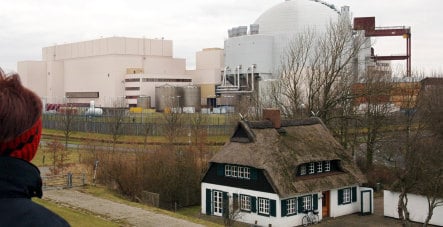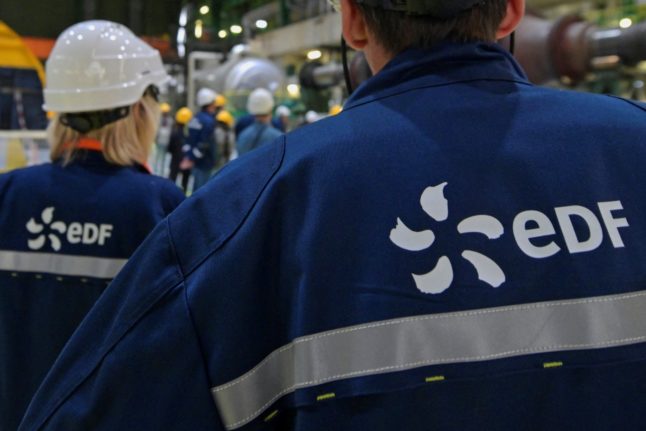“The senseless exit from atomic energy is becoming an increasing threat for the economy, the climate and consumers. We need the safe German nuclear power stations back on line – so that we can do something against rising electricity prices. We have to free ourselves, as far as is possible, from foreign energy sources.”
But at the same time he said immediate measures should be taken to increase oil production.
“We need more oil in the world market quickly in order to stop the spiralling prices at the petrol pumps,” which have passed a consumer “pain barrier”, the conservative minister wrote.
“Transparency in the international oil markets must be improved, it is the only way to get out of this speculative morass,” he wrote, stressing that the soaring price of crude threatened the world economy.
The consumer countries facing a “third oil shock” met in Jeddah in Saudi Arabia on Sunday in hopes of initiating a constructive dialogue with the oil producer nations after Saudi Arabia announced Thursday that it would increase production by 200,000 barrels per day.
“We must prevent the gas and oil multinationals from becoming even richer and the productive industrialised nations poorer,” Glos wrote.
To reduce Germany’s dependence on foreign sources of energy, it is important that “we all save energy as much as possible,” he added.



 Please whitelist us to continue reading.
Please whitelist us to continue reading.